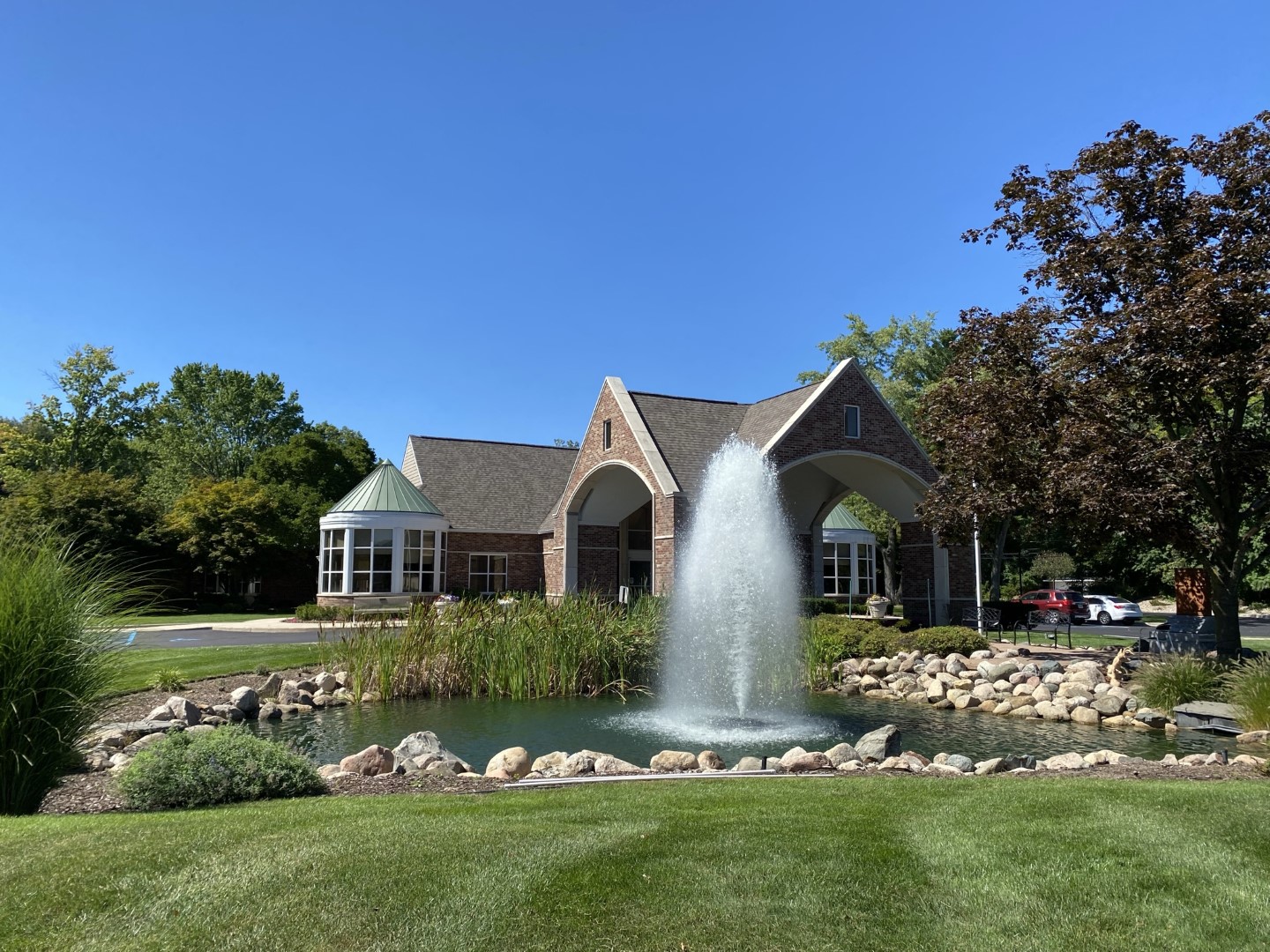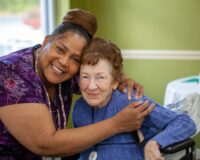A hospital stay can be stressful for anyone, but for seniors, it often brings unique challenges. Extended stays can disrupt daily routines, increase feelings of loneliness, and impact both mental and emotional well-being. Without the right support, seniors may experience anxiety, depression, or even cognitive decline during their recovery. That’s why it’s essential to focus on not just physical healing, but also maintaining mental stability.
At Manoogian Manor, we know how important it is for seniors to feel emotionally supported during difficult times. By integrating strategies that address the mind as well as the body, families and caregivers can help seniors stay calm, engaged, and optimistic throughout their hospital journey.
1. Encourage Regular Communication with Loved Ones
Nothing combats isolation like staying connected. Phone calls, video chats, or even simple text messages can make a world of difference. For seniors who may not be tech-savvy, family members can help set up easy-to-use devices. At Manoogian Manor, we’ve seen firsthand how a familiar voice can ease anxiety and make residents feel less alone.
2. Create Familiarity in the Hospital Environment
Hospitals can feel sterile and impersonal, which may heighten stress. Bringing in small personal items such as family photos, a favorite blanket, or a comforting pillow can help seniors feel grounded. Even playing their favorite music can make the room feel more like home and reduce emotional distress.
3. Promote Mental Stimulation
Engaging the brain is just as important as caring for the body. Reading books, working on crossword puzzles, or listening to audiobooks helps keep the mind active. At Manoogian Manor, we often provide residents with brain-boosting activities that not only entertain but also help preserve cognitive function during times of limited mobility.
4. Encourage Movement When Possible
Even small amounts of physical activity, such as stretching in bed or taking short walks with assistance, can have powerful effects on mental health. Movement releases endorphins, improves circulation, and provides a sense of progress during recovery. Physical therapists can often recommend safe exercises suited to the individual’s condition.
5. Foster Social Interaction with Hospital Staff
Building rapport with nurses and doctors helps seniors feel more secure. A simple conversation with a caregiver about a shared interest can brighten a senior’s day and ease feelings of anxiety. When seniors feel like they’re part of a caring community, their mental outlook improves significantly.
6. Maintain a Sense of Routine
A disrupted routine can cause disorientation and frustration. Encouraging consistent times for meals, rest, and activities can restore a sense of normalcy. Families can also help maintain rituals—like reading the newspaper in the morning or saying evening prayers—that provide comfort and structure.
7. Offer Emotional Support and Reassurance
Sometimes, the most powerful tool is simply being present. Listening to concerns, validating emotions, and offering encouragement can go a long way in keeping a senior mentally stable. At Manoogian Manor, our compassionate approach is centered on emotional as well as physical care, because we know both are essential for healing.
Supporting Seniors Beyond the Hospital Stay
A prolonged hospital stay doesn’t have to overwhelm seniors mentally or emotionally. By fostering connection, maintaining routine, and encouraging engagement, families and caregivers can help seniors stay strong in both mind and body.
At Manoogian Manor, we carry this philosophy into everything we do—providing our residents with compassionate care, enriching activities, and daily support that promote overall well-being. Whether in recovery or daily living, we believe seniors thrive when they feel valued, connected, and cared for.





